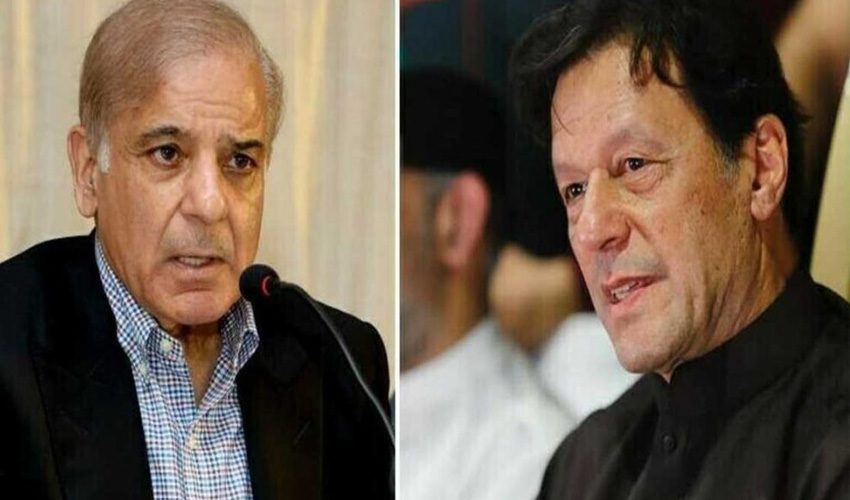Chief Justice of Pakistan Yahya Afridi has issued an additional note in the presidential reference on the Zulfiqar Ali Bhutto case, highlighting that the requirements of a transparent trial were not met and also partially agrees with Justice Mansoor Ali Shah's earlier observations.
Justice Afridi emphasized that Zulfiqar Ali Bhutto did not receive a fair trial. He noted that the unusual political atmosphere at the time put undue pressure on the justice system, compromising judicial independence.
The chief justice acknowledged the bold dissenting opinions of Justice Durab Patel, Justice Muhammad Haleem, and Justice Safdar Shah, stating that while their dissent did not alter the verdict, it stood as an example of judicial impartiality.
The additional note comes exactly nine months and 12 days after the Supreme Court issued its verdict on the Zulfiqar Bhutto Presidential Reference.
Chief Justice Afridi reiterated that the Supreme Court, under its advisory jurisdiction, cannot overturn previous decisions but acknowledged the flaws in the original trial and appeal.
The Chief Justice pointed out that the circumstances of the time were contrary to the principles of judicial independence and rule of law.
He mentioned that deviations from constitutional principles had an unnecessary impact on judicial proceedings, particularly in politically charged cases.
Chief Justice Afridi partially agreed with Justice Mansoor Ali Shah's note, stating that under Article 186, the Supreme Court's scope is advisory. He concurred with specific paragraphs of the judgment and reaffirmed that the principles of a fair trial were not upheld in the case.
The Supreme Court had delivered its verdict on the presidential reference in the Zulfiqar Bhutto case earlier this year, on March 6.



























